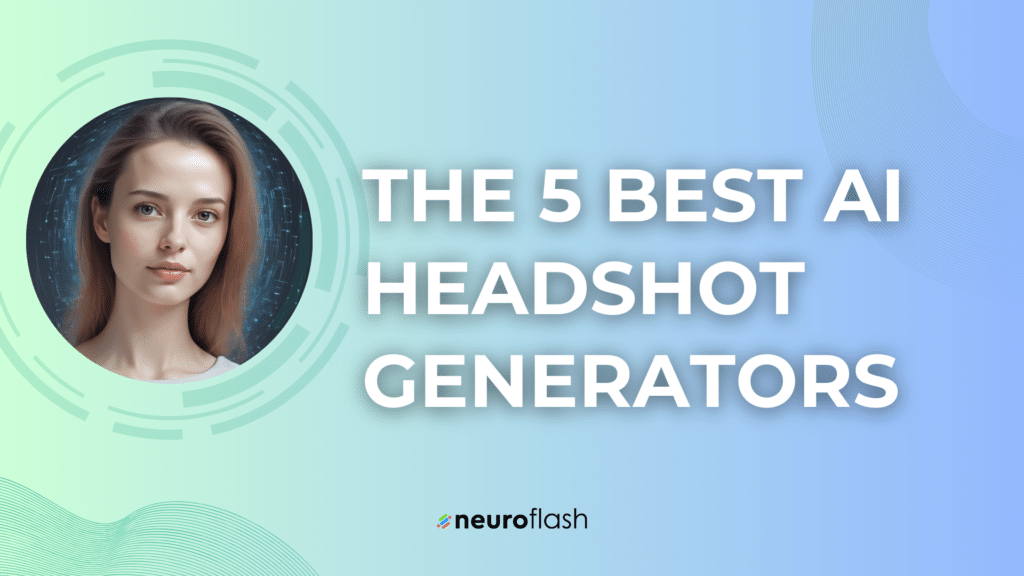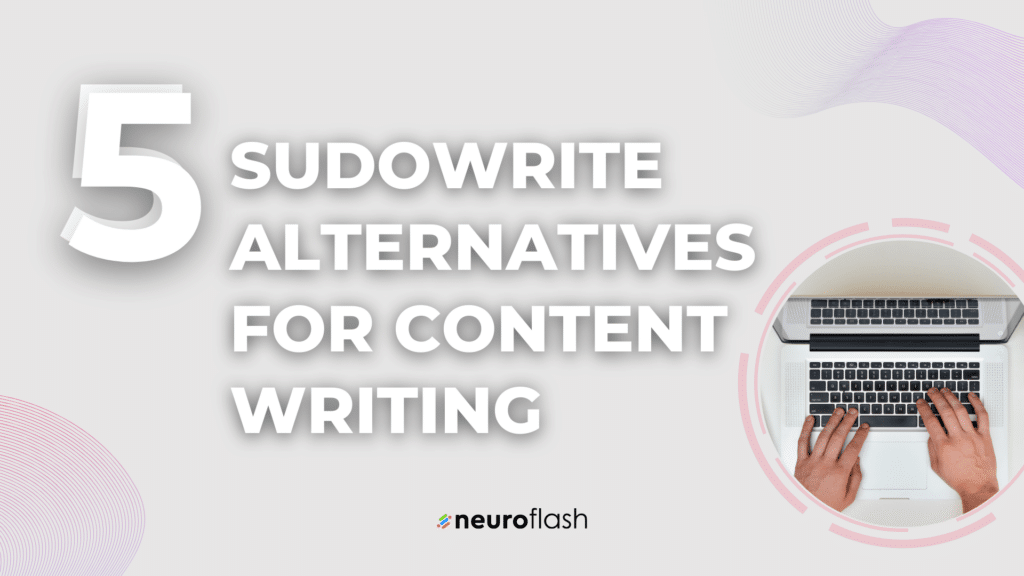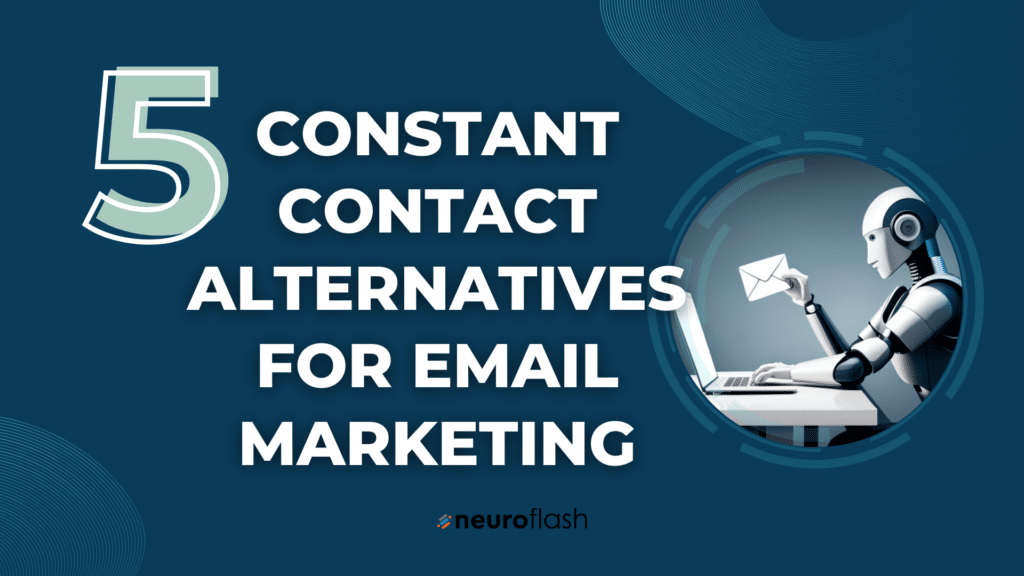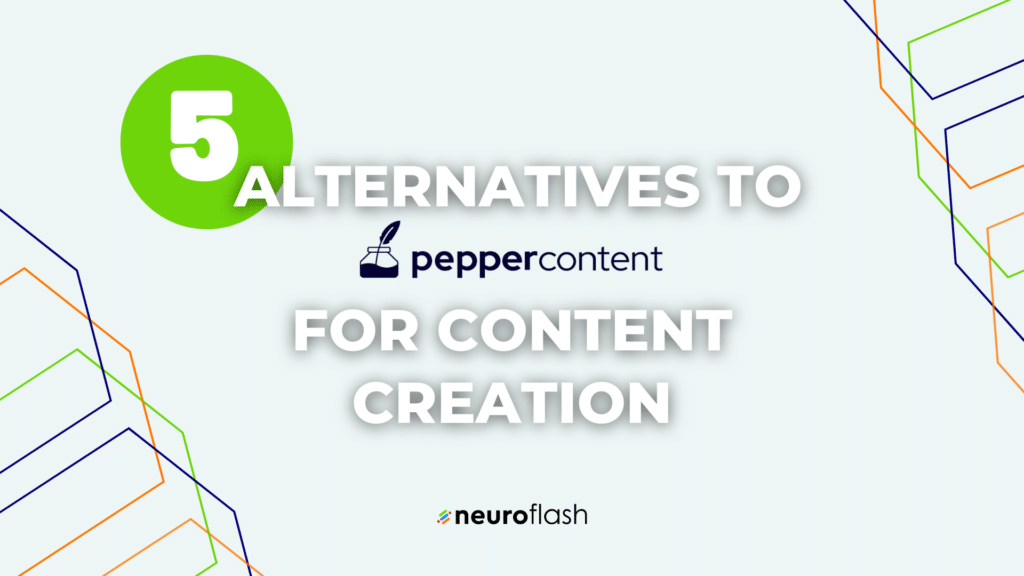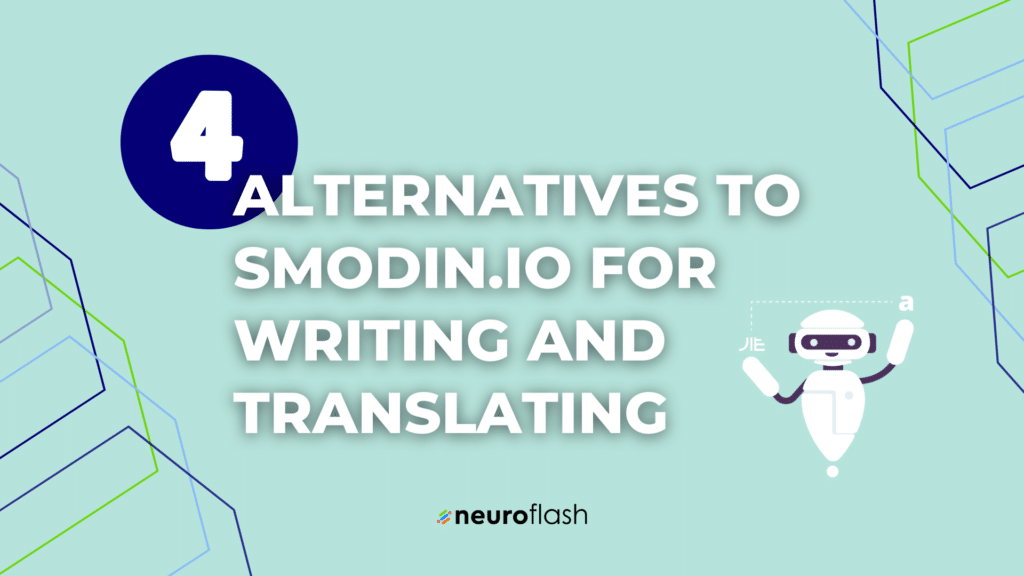Understanding WordPress SEO
Search engine optimization (SEO) is the process of improving the visibility and ranking of a website in search engine results pages (SERPs). By optimizing your website for search engines, you can attract more traffic, leads, and sales. SEO involves various techniques and strategies, such as keyword research, on-page optimization, link building, and technical SEO. It requires a deep understanding of how search engines work and what factors they consider when ranking websites.
WordPress is a powerful platform that offers many built-in SEO features and plugins to help you optimize your site. Some of the basics of WordPress SEO include installing a search engine optimization plugin, creating SEO-friendly permalinks, using descriptive titles and meta descriptions, optimizing images, and adding internal and external links. By following these best practices, you can improve your website’s search engine visibility and attract more organic traffic.
Optimizing Your WordPress Site
Keyword research and selection is crucial for any successful SEO strategy. You need to identify the keywords and phrases that your target audience is using to search for your products or services. Use keyword research tools like Google Keyword Planner or SEMrush to find relevant keywords with search volume and low competition. Once you have identified your target keywords, use them strategically in your content, meta tags, and URLs.
On-page optimization involves optimizing your web pages for specific keywords and search intent. This includes writing high-quality and engaging content that targets specific keywords, using headings and subheadings to structure your content, optimizing your meta tags and alt tags, and providing a good user experience.
Content optimization is also important for WordPress SEO. You need to create fresh and relevant content that provides value to your target audience. This includes writing blog posts, creating videos, and infographics, and optimizing your content for readability and user engagement. Use plugins like Yoast SEO to analyze your content’s readability and suggest improvements.
Image optimization is another important aspect of WordPress SEO. Use descriptive file names and alt tags to make your images more searchable. Compress your images to reduce their file size and improve your website’s loading speed. Use plugins like Smush to optimize your images automatically.
Technical SEO for WordPress
Site structure and architecture play a vital role in your WordPress site’s SEO performance. You need to ensure that your site is well-organized and easy to navigate. Use a hierarchical structure to group your pages and posts logically. Use breadcrumbs, sitemaps, and internal linking to help search engines crawl and index your site’s content.
URL structure is also crucial for WordPress SEO. Use a simple and descriptive URL structure that includes your target keywords. Avoid using dynamic URLs with parameters or IDs. Use permalinks that reflect the structure of your site’s content and make it easy for users to navigate.
Mobile optimization is increasingly important for SEO. With more users accessing the internet through their mobile devices, Google has made mobile-friendliness a ranking factor. Use a responsive design that adapts to different screen sizes and loads quickly on mobile devices.
Speed optimization is crucial for WordPress SEO. A fast loading speed improves your website’s user experience and search engine ranking. Use caching plugins, optimize your images and scripts, and choose a reliable hosting provider to improve your site’s loading time.
Link Building for WordPress
Internal linking is an effective way to improve your WordPress site’s SEO. By linking to your own pages and posts, you can tell search engines which content is most important and relevant. Use descriptive anchor text and avoid over-optimizing your links. Use plugins like Link Whisper to automate the internal linking process.
External linking is also important for WordPress SEO. By linking to external sources, you can provide more value to your users and improve your website’s authority and credibility. Choose high-quality and relevant sources and use descriptive anchor text. Avoid linking to spammy or low-quality sites.
Backlinks are a key factor in determining your website’s authority and ranking on search engines. By getting other websites to link back to your site, you can improve your website’s visibility and ranking. Use link building strategies like guest posting, broken link building, and blogger outreach to acquire high-quality backlinks.
Guest posting is an effective way to build backlinks and increase your online visibility. By writing high-quality content for other websites, you can get exposure to new audiences and earn links back to your site. Use tools like Pitchbox or BuzzStream to find relevant guest posting opportunities.
Monitoring and Measuring Your SEO success
Google Analytics is a powerful tool for tracking your website’s performance and SEO metrics. By setting up Google Analytics on your WordPress site, you can measure your site’s traffic, engagement, and conversion rates. Use Google Search Console to monitor your site’s search engine rankings, keywords, and errors.
Rank tracking helps you monitor your website’s ranking on search engines for specific keywords. Use tools like SEMrush or Ahrefs to track your keyword rankings over time and identify opportunities to improve your ranking.
Site audits allow you to identify technical SEO issues and opportunities for improvement on your WordPress site. Use tools like Screaming Frog or Sitechecker to scan your site for errors, broken links, and other issues that may be affecting your SEO performance.
Competitor analysis helps you understand your competition and identify areas where you can improve your SEO strategy. Use tools like SEMrush or Moz to analyze your competitor’s backlinks, keywords, and content strategy.
Useful Tips
- Focus on long-tail keywords to target specific audiences.
- Use schema markup to enhance your search engine listings and improve your click-through rates.
- Optimize your site’s meta descriptions to entice users to click on your search results.
- Invest in a reliable hosting provider and a content delivery network (CDN) to improve your website’s speed and uptime.
- Regularly update your content and keep it fresh and relevant to your audience.
Related Questions
How do I improve my WordPress SEO?
To improve your WordPress SEO, focus on keyword research, on-page optimization, link building, and technical SEO. Use plugins like Yoast SEO or All in One SEO Pack to automate the optimization process and make it easier to monitor your progress.
What are the best SEO plugins for WordPress?
Some of the best SEO plugins for WordPress include Yoast SEO, All in One SEO Pack, and The SEO Framework. These plugins offer a range of features and tools to help you optimize your site for search engines. It’s important to choose the plugin that best fits your needs and goals. Keep in mind that while plugins can help automate and streamline the optimization process, they cannot replace good content and a solid SEO strategy. By following the tips and best practices outlined in this guide, you can improve your WordPress site’s search engine visibility and attract more organic traffic. Start optimizing today!








